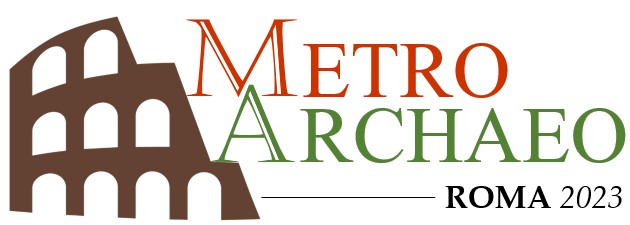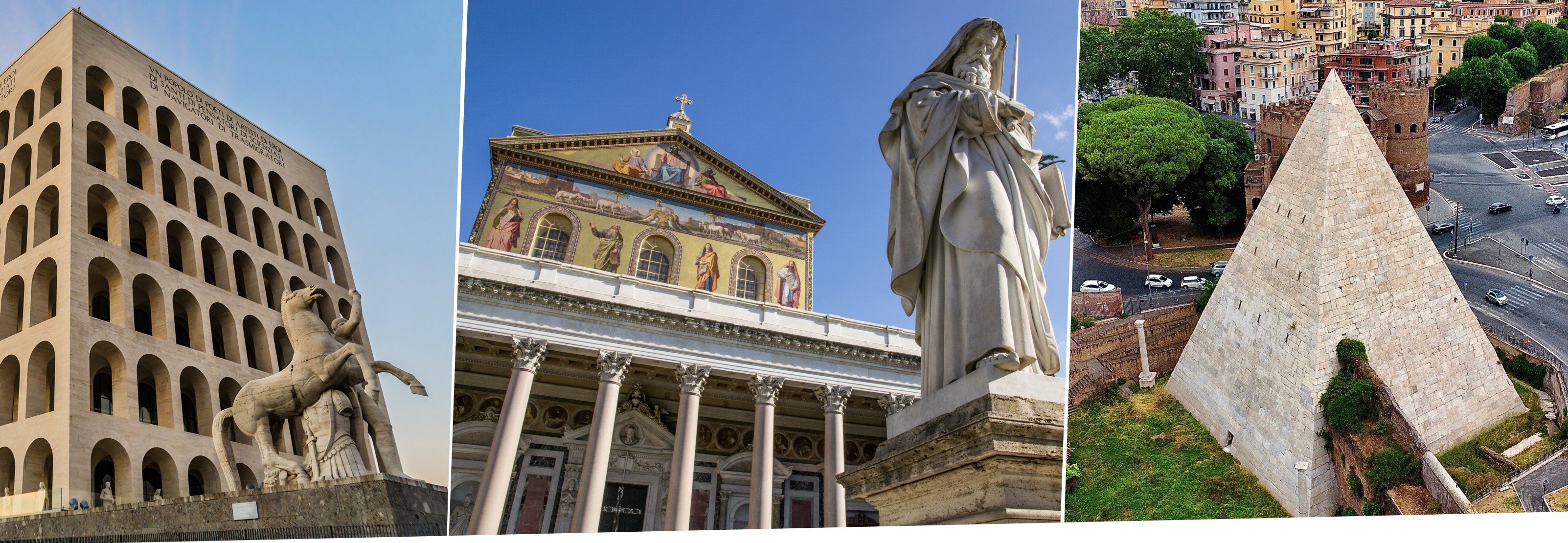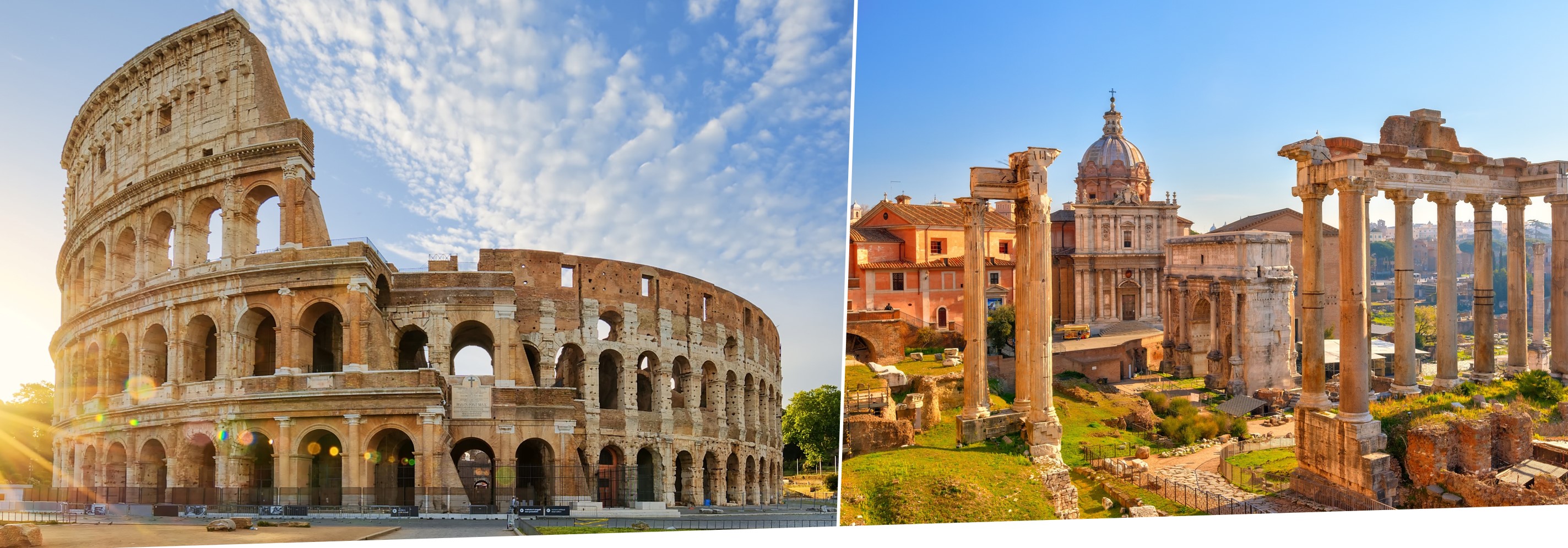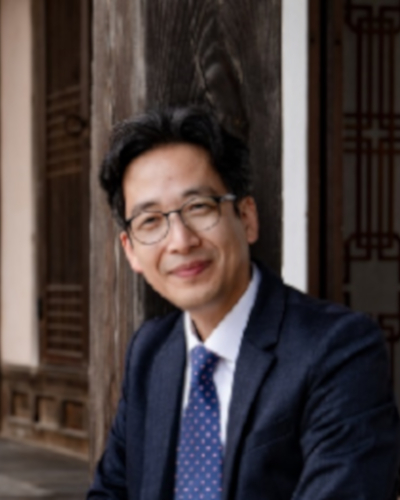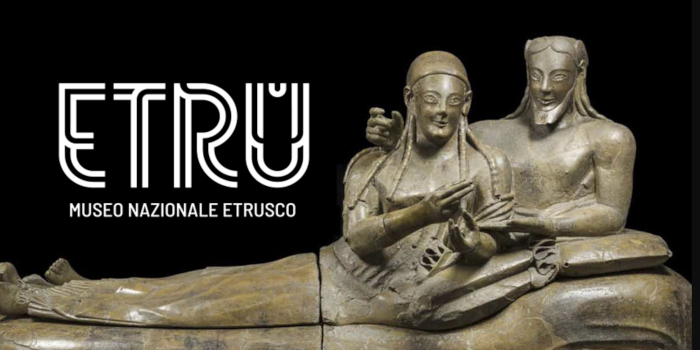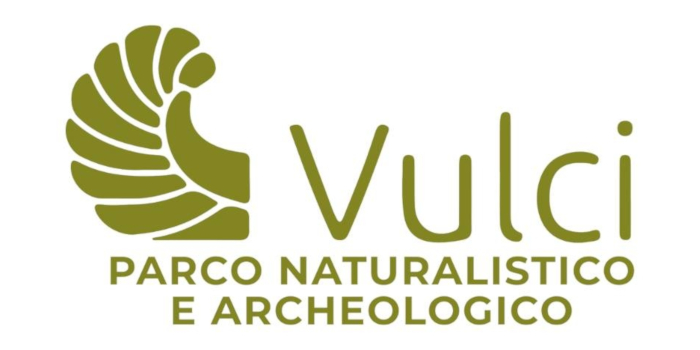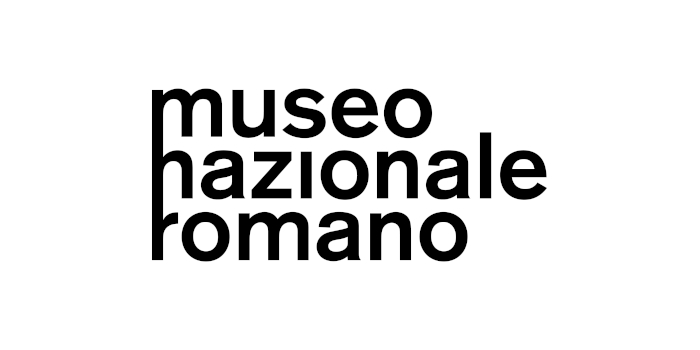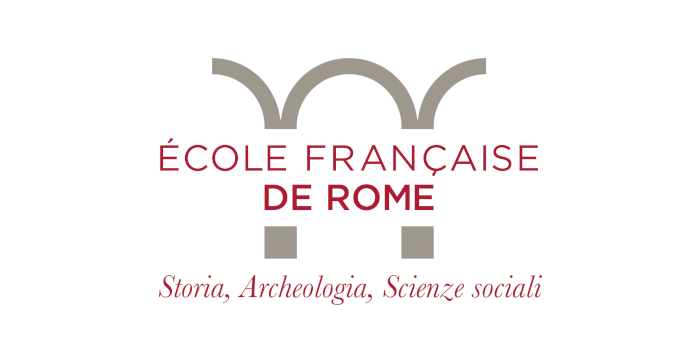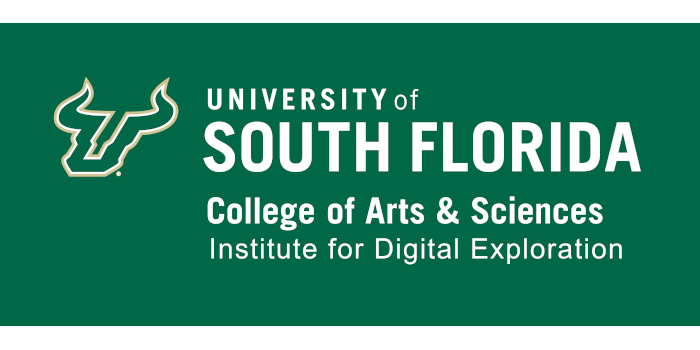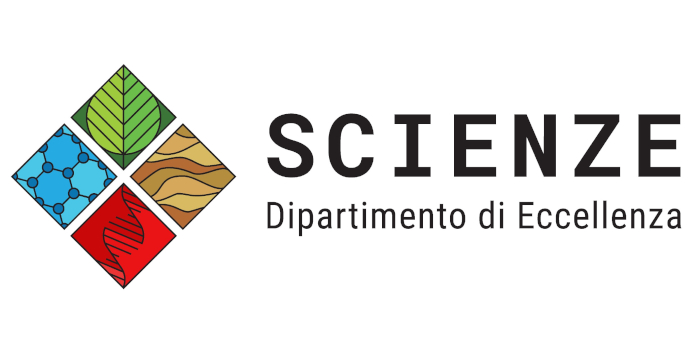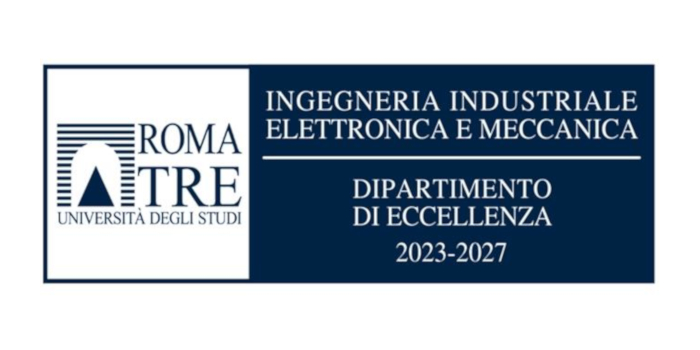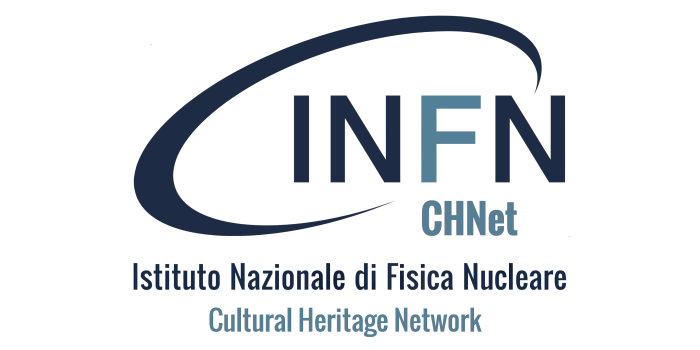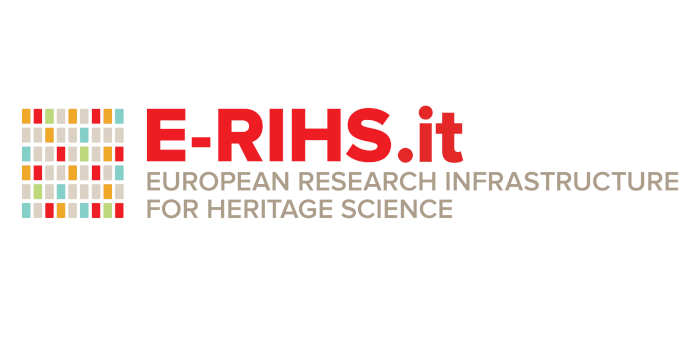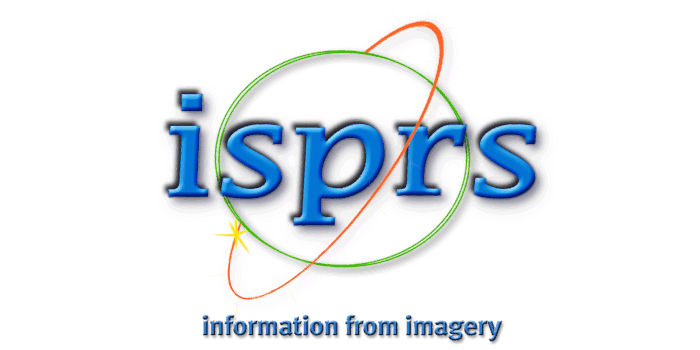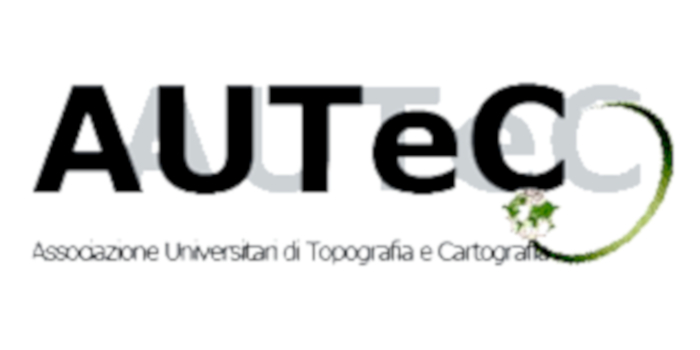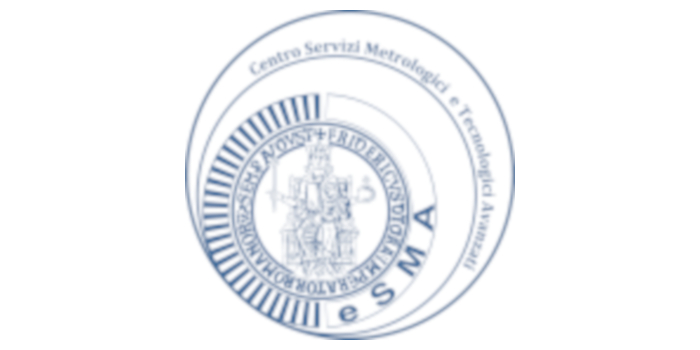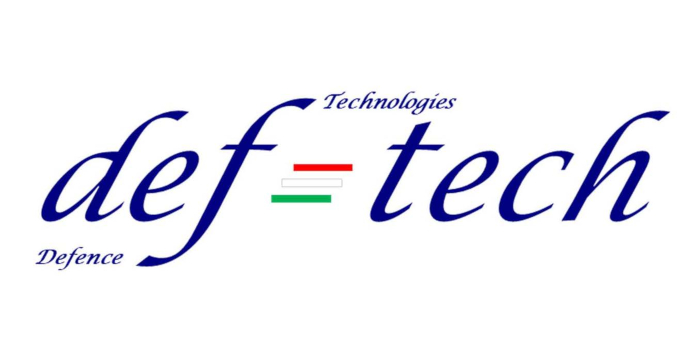KEYNOTE
Challenges in Moving toward Green Conservation: Efforts to Protect the Cultural Heritage from Biological Degradation
Yong-jae Chung
Korea National University of Cultural Heritage, Korea
ABSTRACT
Cultural heritage has been affected by a variety of external environmental factors. Among them, biodegradation is one of the main causes to threat the cultural heritage in Korea, which has the environmental characteristics with hot and humid summer from June to the end of August. In particular, wooden architecture buildings and organic cultural heritage such as papers and textiles have a high risk of biological damage because they have been exposed to the outer environment and acts as a source of nutrition. It also recently reported that stone has been suffered damage on the biofilm by lichen and biodegradation caused by microorganisms was observed on the surface of mural paintings in ancient tombs. I investigated the distribution of microorganism and reported the risk according to environmental conditions on Tripitaka Korean in Haeinsa Temple in the 13th century and both Ancient Mural Painting in Songsan‐ri Tomb(Gongju) and Neungsan-ri Tombe(Buyeo) in the 5th to 6th centuries. In this process, culture methods were used to isolate microorganisms and sequencing of DNA for their identification. Biochemical screening tests were also performed to assess the detrimental potential of isolates. Moreover, I developed the green bio-control technique from the biodegradation using natural essential oil(EO) to replace traditional chemical control method. The composition of EO were analyzed by GC–MS and stabilities were also evaluated when applied it to mural painting through emulsifiers.
How should we regulate and control microorganisms with an eco-friendly way in near future? Climate change is the biggest issue in the world so various researches and policies are being carried out to reduce carbon. In order to predict and respond to the biological damage of cultural heritage due to climate change, we are required to find new ways to reduce energy consumption, reduce chemical use, and avoid environmental pollutants. In order to protect the earth beyond preserving cultural heritage, we all must move toward the green conservation and I would like to give some answers from traditional techniques.
SPEAKER BIOGRAPHY
Yong-jae Chung received a PhD majoring in biology at the Chung-Ang University in Korea. He had worked as a researcher and project leader in a field of researching conservation of organic materials at the National Research Institute of Cultural Heritage (NRICH) of Korea from 2000 to 2008. For now, He is a professor in the Department of Conservation Science and the Graduate School of Conservation and Restoration and a head of Institute of Preventive Conservation for Cultural Property (IPCC). Also, he has worked on various activities and policy establishment for the conservation and restoration of traditional cultural heritage as a ICCROM council member from Korea.
He is a dedicated researcher with a focus on the control of biological damage in cultural heritage, the conservation of mural paintings in tombs, and the investigation of traditional organic materials. With a strong interdisciplinary background in cultural history, organic chemistry, and microbiology, In recent years, his major research subjects are about the control techniques of biological damage, conservation environment of mural paintings within tomb and also characteristics investigation of the traditional organic materials. In this context, He is now conducting researches on the evaluation of alternative fumigant, application of gamma ray, low oxygen and heat treatment to prevent biological damage eco-environmentally from the organic material. he is wellequipped to tackle the challenges facing the conservation of cultural heritage.
